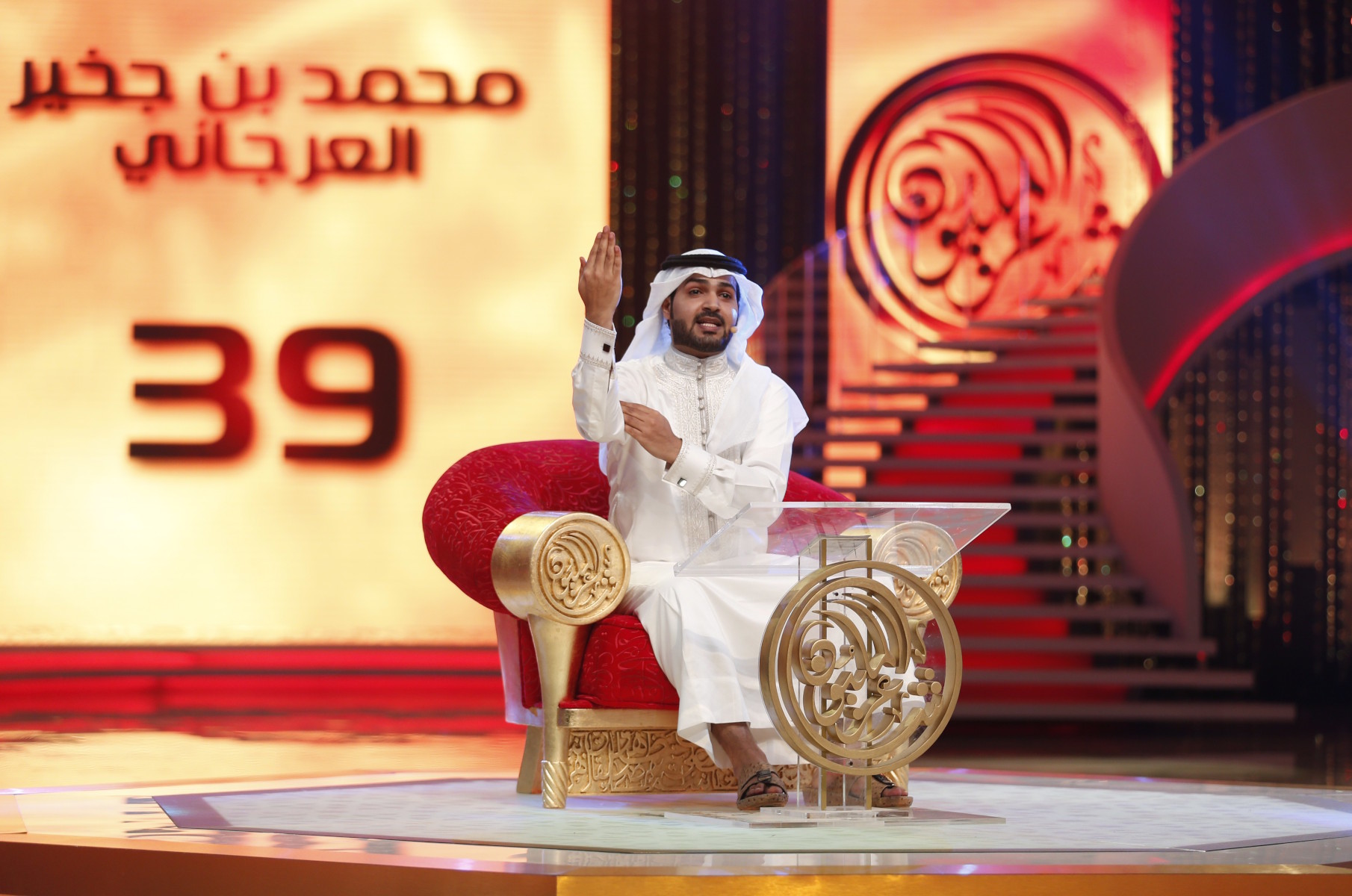Marcel Kurpershoek is a former Dutch ambassador and accomplished scholar at NYU Abu Dhabi. His most recent work is “Love, Death, Fame,” a translation of poems by al-Mayidi ibn Zahir, a 17th-century poet from what is now the United Arab Emirates. In this podcast, he catches up with New Lines’ Kevin Blankinship to talk about Nabati poetry, the thousand-year-old oral poetic tradition of the Arabian Peninsula.
Nabati poetry, Marcel explains, is said to get its name from the Nabateans, an ancient Arab people who were contemporaries of the Romans. It is traditionally recited, rather than written down, and is composed in vernacular Arabic as opposed to the classical Arabic of the Quran. Marcel spent decades doing fieldwork in Central Arabia, recording the oral poetry of the Bedouin who lived there.
But despite its antiquity, Nabati poetry has never been more popular — and nowhere more so than in the United Arab Emirates, where it is central to national identity. Says Marcel: “We should not forget that Sheikh Zayed, the father of the present ruler of the country, was a poet in his own right.” Since the 1990s, Nabati poetry has found a worldwide audience through the United Arab Emirates’ answer to “American Idol”: the smash-hit competitive poetry show “Million’s Poet.”
Produced by Maggie Martin


